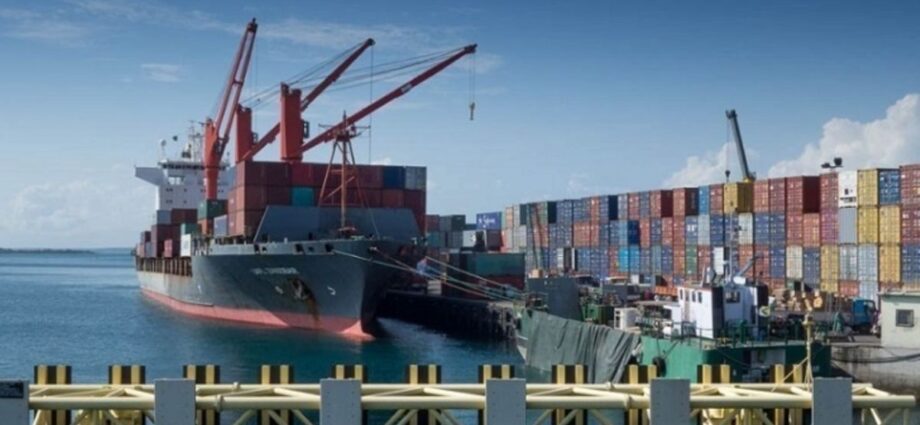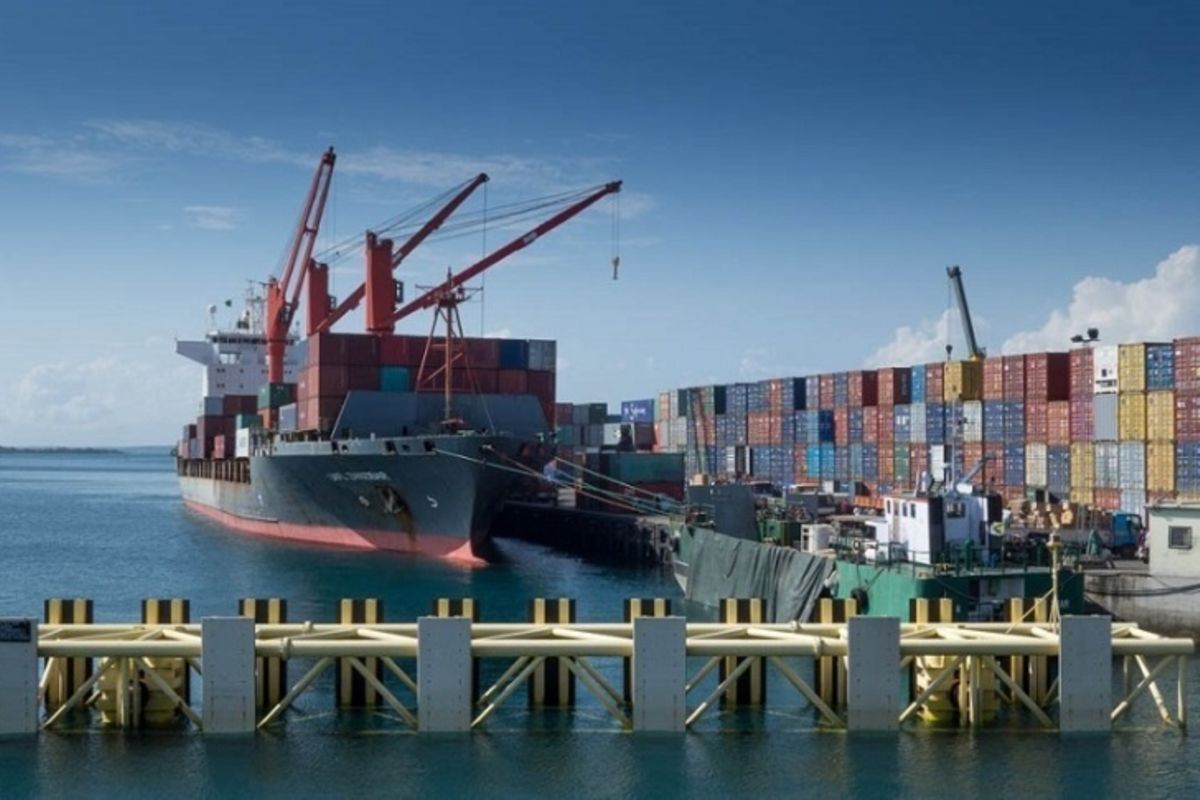Unguja. Zanzibar’s mariners, who have long faced challenges due to a lack of internationally recognised qualifications, are now poised to address this issue thanks to new specialised training programmes.
This significant development follows the signing of a memorandum of understanding between the Ministry of Blue Economy and Fisheries and the Dutch company Heroes, aimed at enhancing maritime training at the State University of Zanzibar (SUZA).
The seven-year agreement, finalised on August 16, 2024, is set to elevate the qualifications of Zanzibar’s mariners to meet global standards.
Hamad Bakari Hamad, the Ministry’s Permanent Secretary, emphasized that the new training will equip mariners with the expertise and certificates needed to work on international vessels.
“Mariners with officer-level qualifications are few, while those at lower levels are more common worldwide. Zanzibar faces a similar challenge, making it difficult for our mariners to compete in the global market,” said Hamad.
The initiative involves collaboration among three ministries. SUZA, under the Ministry of Education and Training, will handle the educational aspects of maritime training.
Proficiency certificates will be issued by the Ministry of Works, Communication, and Transport, which oversees mariners through the Zanzibar Maritime Authority (ZMA).
The Ministry of Blue Economy will coordinate the training efforts, as maritime issues fall under one of the five sectors of the blue economy, alongside tourism, oil and gas, fishing, and maritime security.
The Ministry aims to launch the first batch of training this year, enrolling 20 students at the STCW (Standards of Training, Certification, and Watchkeeping) level. International instructors, potentially from South Africa or India, will lead the courses.
Hussein Nasor Uki, Secretary of the Zanzibar Mariners Association, welcomed the initiative, noting that it represents a positive step for Zanzibar’s mariners.
“Many global shipping companies have been hesitant to trust Zanzibar’s mariners due to a lack of recognized certificates. This training will help our mariners obtain international qualifications,” Uki said. He expressed hope that the agreement’s implementation will yield tangible results for the mariners.
The Zanzibar Mariners Association currently comprises 500 members, including only 15 women. Raya Juma Khalfan, Secretary of the Zanzibar Women Mariners Association (ZAWOSA), highlighted the importance of this training for women who have been unable to pursue maritime careers due to a lack of opportunities.
“There are skilled women in ship commanding and engineering who have been limited by the absence of a training institution on the island,” Khalfan said. She stressed the need for greater opportunities for women, who often face barriers due to misconceptions about their capabilities.
Dr Hashimu Hamza Chande, Deputy Vice Chancellor for Planning, Finance, and Administration at SUZA, expressed optimism about the new training program.
“We are encouraged by the establishment of a new maritime college and the influx of international expertise. This agreement will help us improve our maritime education and better prepare our mariners for the global market,” he noted.
Zanzibar has struggled with a shortage of skilled maritime teachers, but the new agreement aims to address this gap by bringing in experienced experts, thereby enhancing the qualifications of Zanzibar’s mariners and expanding their opportunities in the international arena.














